Research Highlights
-
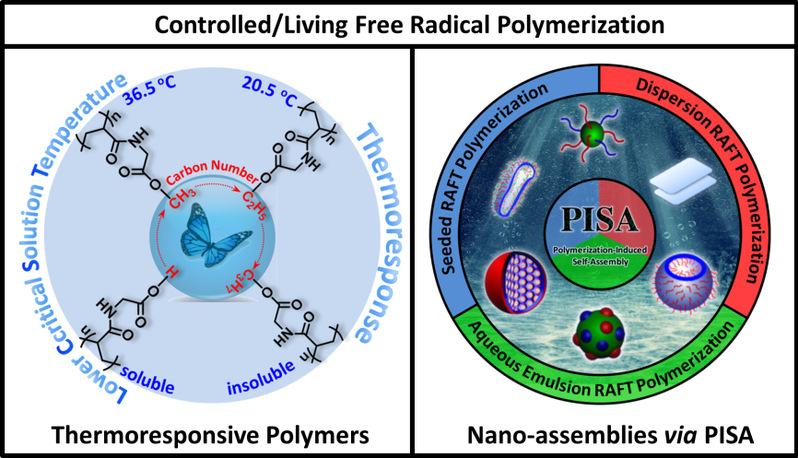
Controlled/Living Free Radical Polymerization
Prof. Wangqing Zhang’s group focuses on the synthesis and applications of novel polymers by controlled/living free radical polymerization techniques, including reversible addition fragmentation chain transfer (RAFT) and atom transfer radical polymerisation (ATRP) polymerization. They have designed several kinds of stimuli-responsive polymers which can response to temperature, CO2, pH and light, and etc. The typical examples of thermoresponsive polymers include poly[N-[2-(diethylamino)ethyl]acr
-
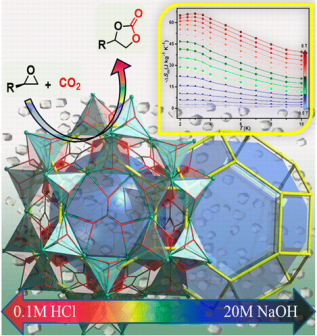
Chemistry of Cluster Compounds:
Prof. Bin Zhao’s group has systematically explored assembly, structure and various functions of complicated clusters. They investigated on catalysis, luminescent sensors, molecular magnetic property, as well assembly of cluster-based porous materials. Furthermore, electronic structure, nature of metal bonds, and the relationship between structure and functions were also studies. These cluster-based materials could be used in environment, energy and advanced material fields.
-
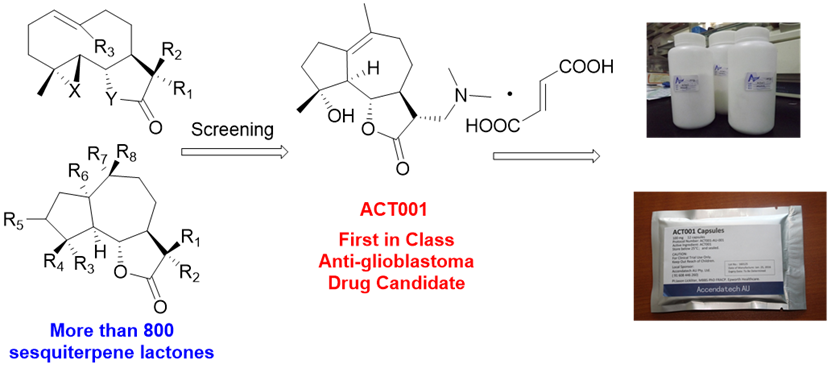
Clinical trials of ACT001, a New Drug Candidate originally developed
Prof. Yue Chen invented an anti-glioblastoma drug candidate ACT001, which can penetrate the blood-brain barrier and selectively kill cancer stem cells. Ten clinical trials have been approved in China, America and Australia. At present, phase I clinical trials in China and Australia have been completed, and six phase 1b / 2a and phase II clinical trials are ongoing. Also, it was designated as orphan drug by FDA and EMA. In 2018, part of the outcome of phase I was presented in ASCO meeting.
-
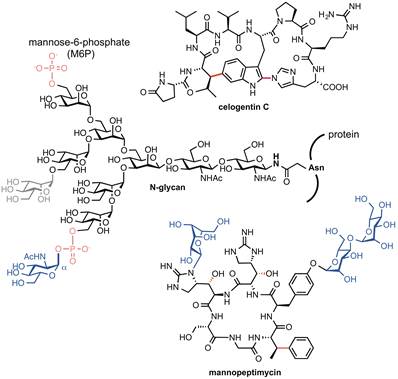
Synthesis and Biology of Complex Peptides and Carbohydrates
Prof. Gong Chen’s research is focused on complex peptides and carbohydrates. His group developed new synthetic methodologies based on metal-catalyzed and radical-mediated “C-H” functionalization chemistry for synthesis and modification of amino acids, and applied the methods to total synthesis of complex peptide natural products. His group is particularly interested in syntheses and biological activities of cyclic peptides. They also study the biological functions of special N-linked oligosacc
-
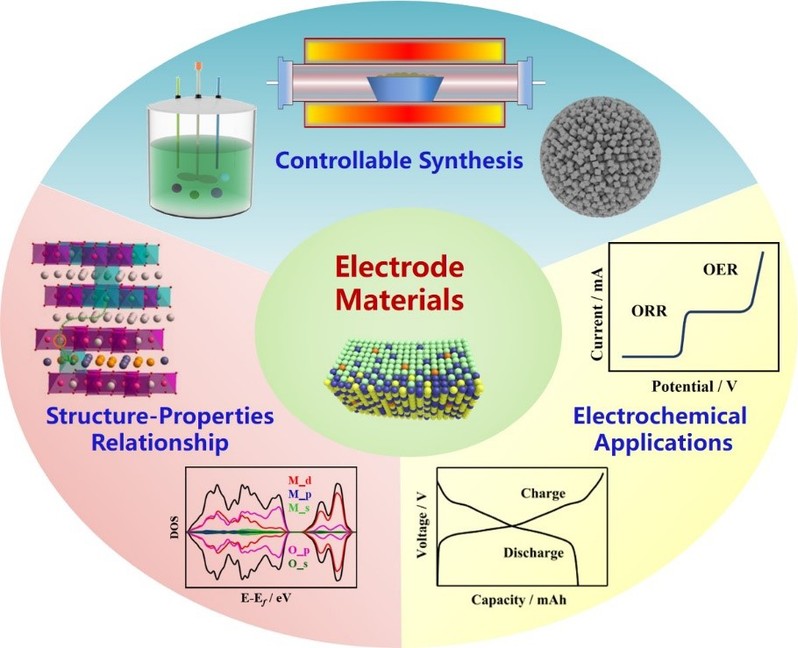
Nonstoichiometric Electrode Materials Chemistry
Prof. Fangyi Cheng’s research interests focus on electrode materials for electrochemical energy conversion and storage. He proposed new mild strategies for selective preparation of a series of spinel and perovskite-type 3d metal oxides with tunable shape, size, oxygen deficiency and metal valence. He elucidated the effect of nonstoichiometry on enhancing the electrocatalytic oxygen reduction/evolution activity and ion-intercalation performance. By applying oxygen-vacant and cation-defective sp
-
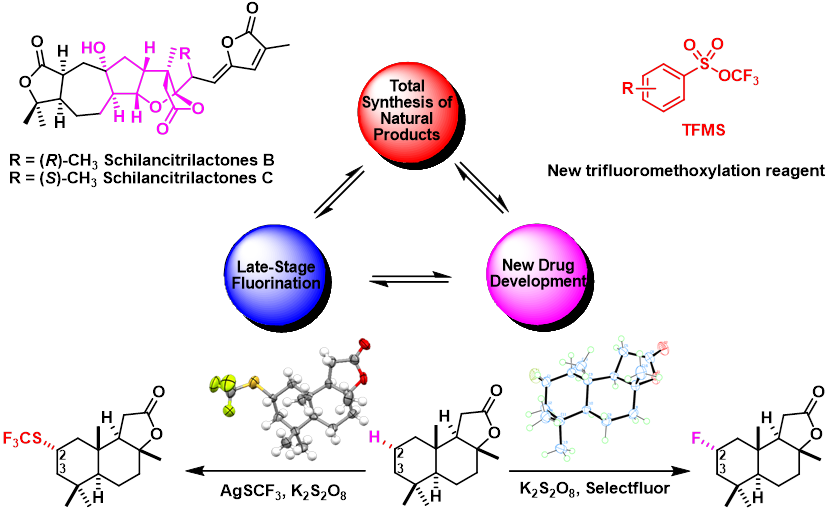
Fluorine chemistry
Prof. Pingping Tang’s research is focused on the late-stage functionalization methods and the total synthesis of natural products for new drug development. His group is interested in the practical total synthesis of natural products for which there is a true impetus for their construction due to potential pharmaceutical applications. Another major focus of his research is the late-stage functionalization methods, such as late-stage trifluoromethoxylation of organic molecules, yet methods capab
-
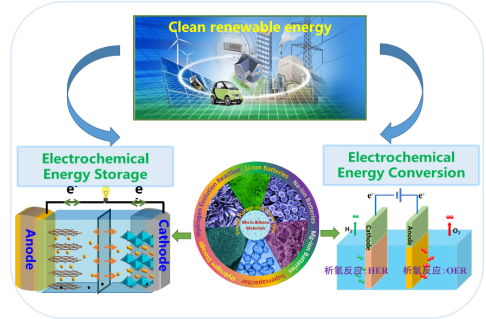
Micro-nano Structured Metal Based Energy Materials
Prof. Lifang Jiao’s research interests focus on the application of metal-based energy materials with micro-nano structure in electrochemical energy storage and electrocatalytic energy conversion. Her researches aim to realize the application of renewable energy. Key electrode materials for electrochemical storage of alkali metal ions with high performance have been designed, synthesized, and the electrochemical reaction mechanism been revealed. A serials of cheap electrocatalytic catalyst for
-
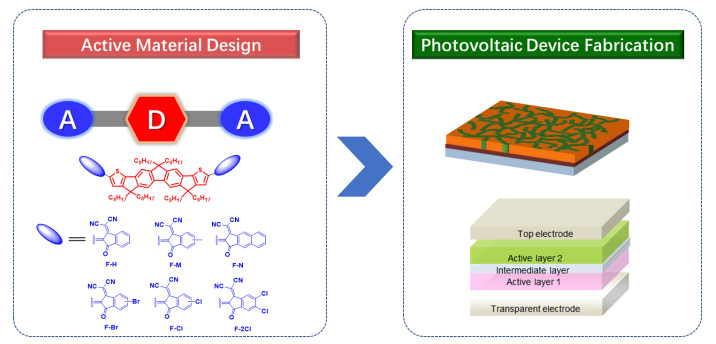
Organic solar cell
Prof. Xiangjian Wan’s research interests focus on organic functional material design and application, especially on active material design and device optimization of organic solar cells (OSCs). He has designed and synthesized a series of active materials including donor and acceptor molecules for application in OSCs. High efficiency single and tandem organic photovoltaic devices have been successfully fabricated using those materials.

